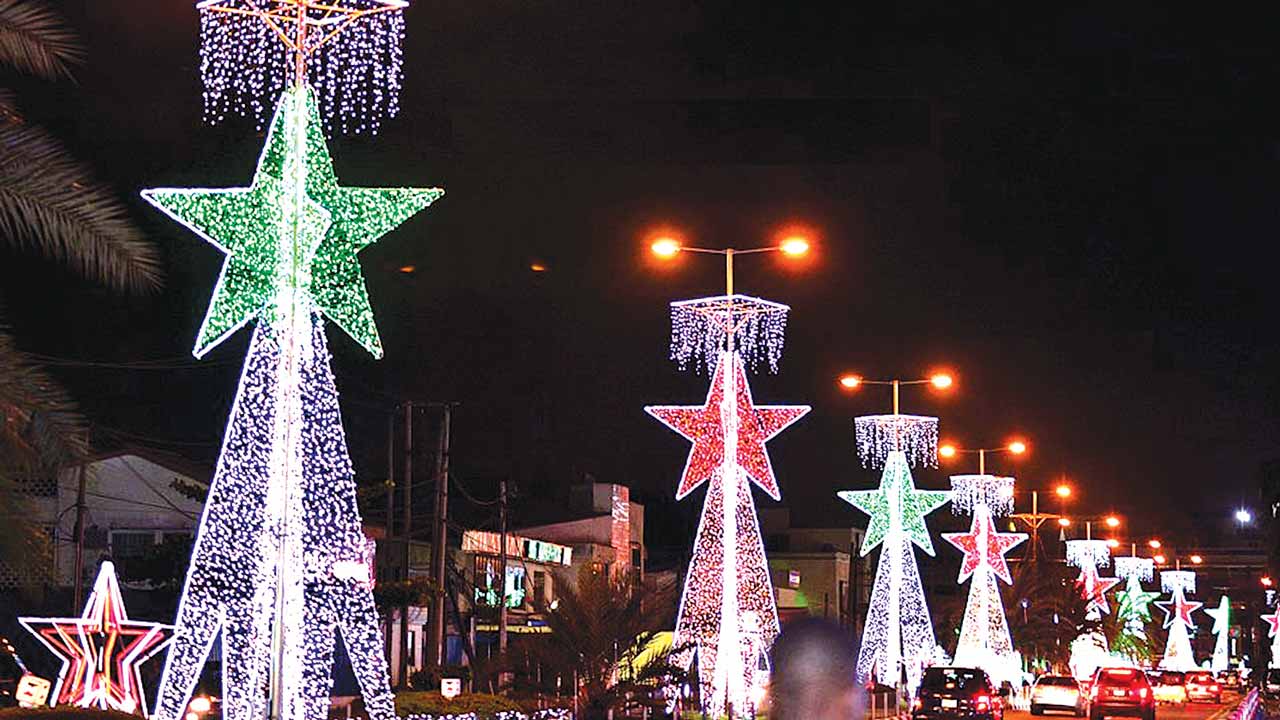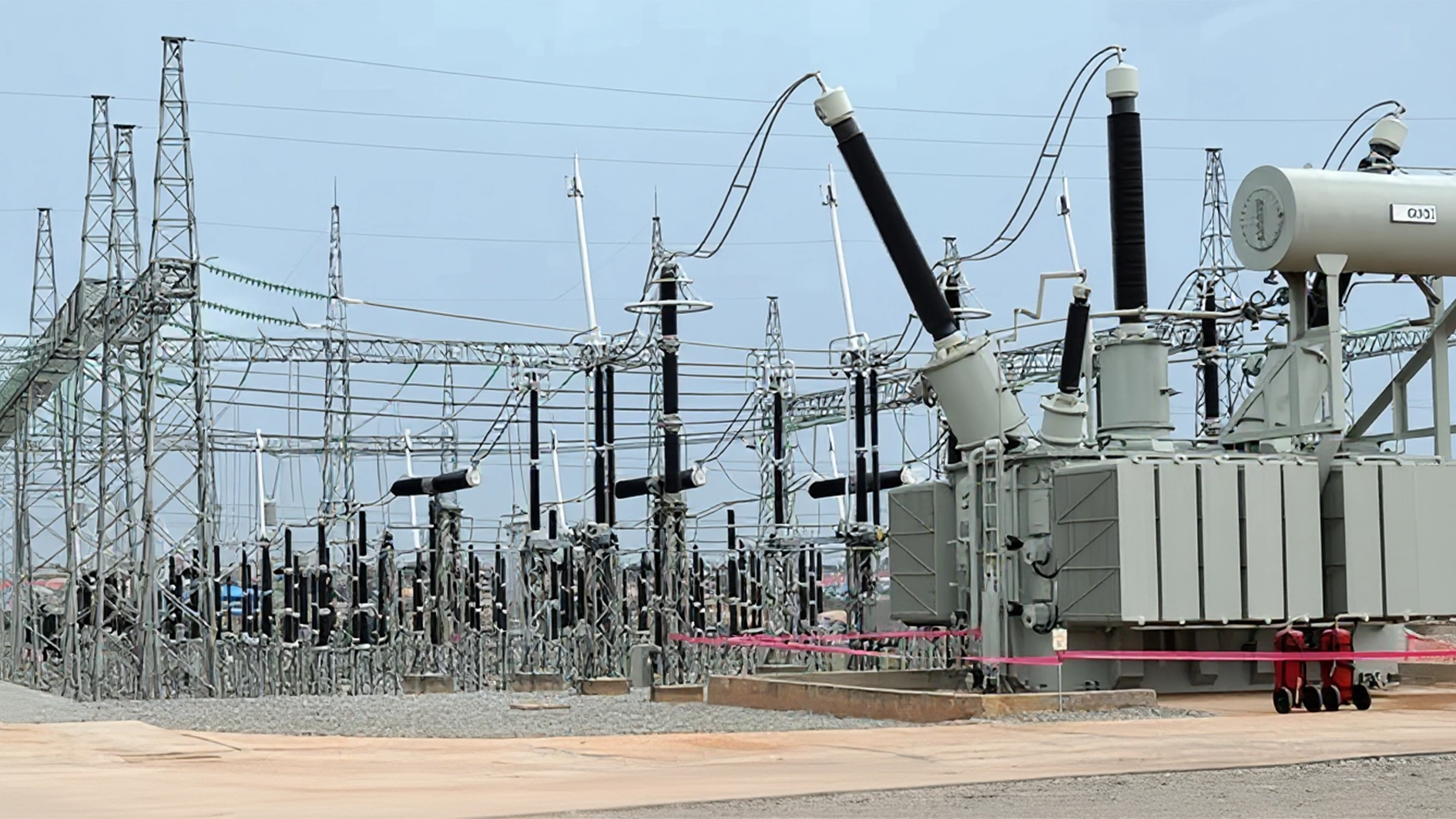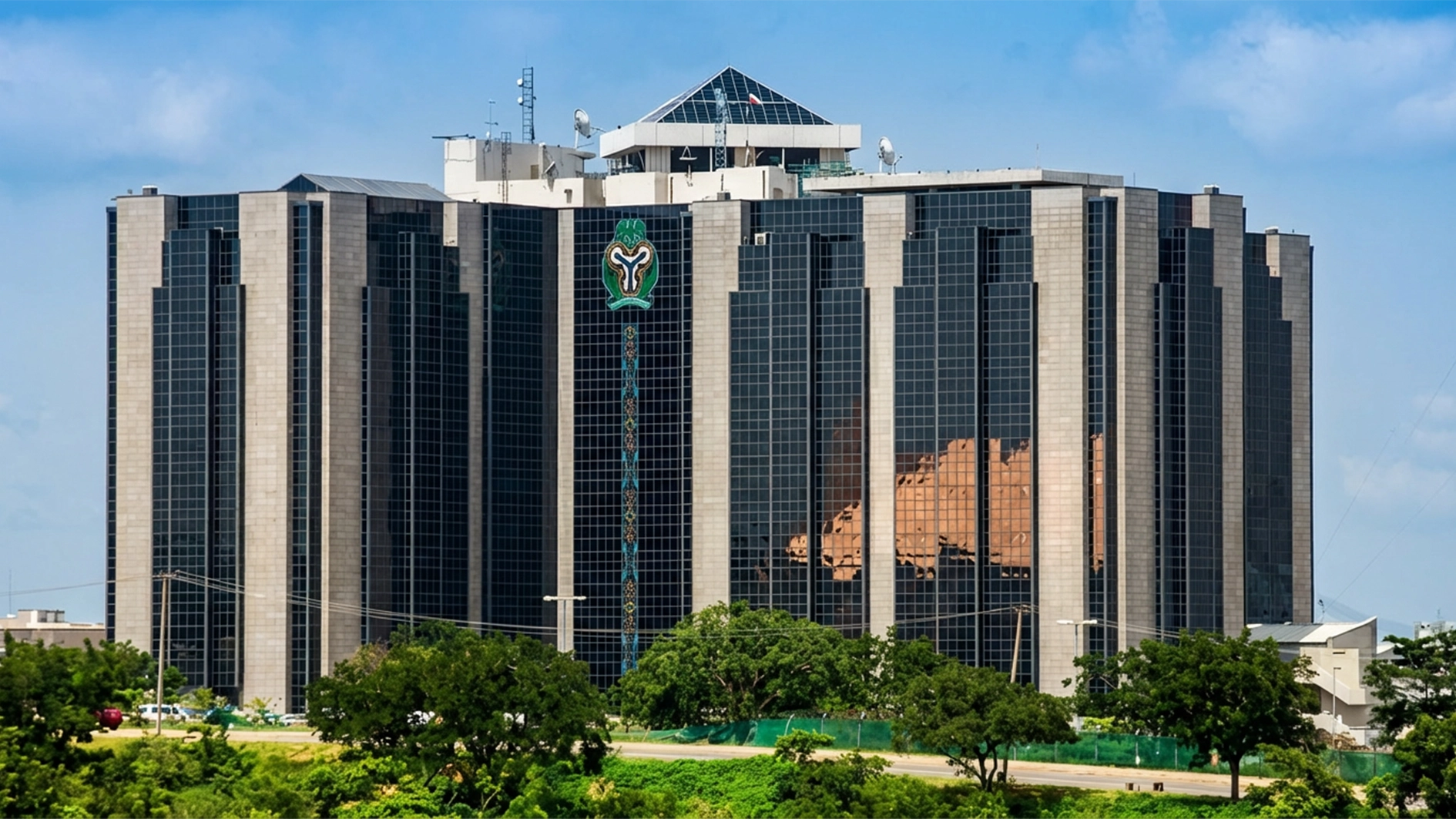
Every year, Christians celebrate the birth of Jesus of Nazareth as the event in which God decisively intervened in the affairs of the world by uniting the human race to himself. But while Christmas is a time to celebrate, the profound lessons that the story of Christmas offers must not be lost on Christians who celebrate, nor is it to be lost on those who join them in the celebration.
The story of Christmas is teaching us that while human beings separated themselves from God, God, in the birth of Jesus, united human beings to himself. While human beings are uncomfortable with being human and, for that reason, would seek power to crush one another, God came to be human to the point of assuming the littleness and fragility of an infant.
The Christian message is that, in the birth of Jesus, God has shown humanity the way out of selfishness, injustice, and the darkness of falsehood and wickedness. It is the way of love and the way of peace. The birth of Jesus is to be celebrated as God’s offer of love and peace to a world distorted and disturbed by the bad behaviour of men and women.
The story of Christmas, when it is well understood, is about a God who chose to live in the midst of human beings despite their bad behaviour. At the root of bad behaviour is self-centredness, the tendency to subdue every other self except oneself. For where and when there is selfishness, no one counts except the selfish. Victory is sought but defeat is reaped in the war of all against all that selfishness is. Selfishness negates love. But the birth of Jesus negates selfishness and reveals love. Selfishness is contradicted by the gesture of God’s solidarity with humanity that his birth represents.
Solidarity is in short supply in our world and in our land. It has always been. Its symptom is injustice, the disruption of the right relationship within communities, within nations, and among nations. Human beings treat one another with contempt. Power is considered to be the most precious treasure to be acquired, and many are ready and willing to acquire it at the expense of our common humanity. For the sake of power, human beings repeatedly demonstrate that they are ready to go to war, to torture, maim and kill. Power is seen and sought as a means to acquire wealth, and wealth is seen and sought as a means to maximise pleasure. In all this, human beings are ready to use the life and comfort of their fellow human beings to attain power.
Christmas comes this year at a time when a needless but profound crisis of leadership is inflicted on Nigeria by political actors, bringing intense hardship and widespread confusion. It is a time of gratuitous violence, a time of relentless gangsterism in what ought to be corridors of governance. It is difficult for millions to celebrate. They live in fear and they wallow in want. Inhabitants of a land immensely blessed are forced to undergo a scandalously pervasive deprivation of basic needs, while those who ought to lead appear to be oblivious of the situation in which the people live. The fact that politics in Nigeria is played in a way that resembles criminality ought to disturb the peace of decent people. Lawlessness is institutionalised by agents of state. Indeed, virtually all those who hold the reins of state disregard the law and destroy institutions that ought to ensure the right ordering of our common life.
The experience of living in Nigeria is similar to living in exile, in a foreign land where there is neither peace nor comfort. Yet, Nigeria is our own making. Nigeria is the country Nigerians have built because she is a nation Nigerians have refused to build. Nigeria begins in our hearts, in the heart of each of us.
And while we celebrate Christmas at a time of lamentation, a time of deep regrets over what politics has become in Nigeria, Christians must also lament over what many of their brothers and sisters have turned Christianity into. For Christmas this year comes at a time the message of Christianity is being distorted and used to manipulate a traumatised populace. The distortion and manipulation have gone on now for decades. It is a situation where materialism is elevated to the status of religion and paraded as the Christian Gospel. Christians in Nigeria must beware of those who pretend to preach the Gospel but are in fact on an ego trip in the use of the Gospel for self-aggrandizement. As St. Augustine of Hippo, fourth Century African Christian philosopher and theologian, once said, such preachers, rather than feed the flock, feed on the flock.
Those who truly understand the message of Christmas live in the consciousness of the need for civility, patriotism and genuine piety. They will put an end to the practice of politics of pretense, and the propagation and practice of religion of hypocrisy.
Merry Christmas to all our readers!






